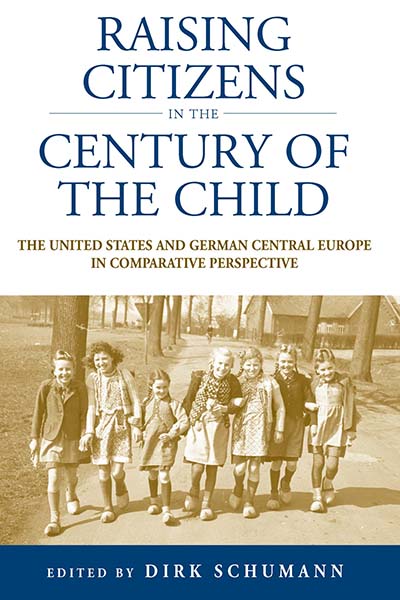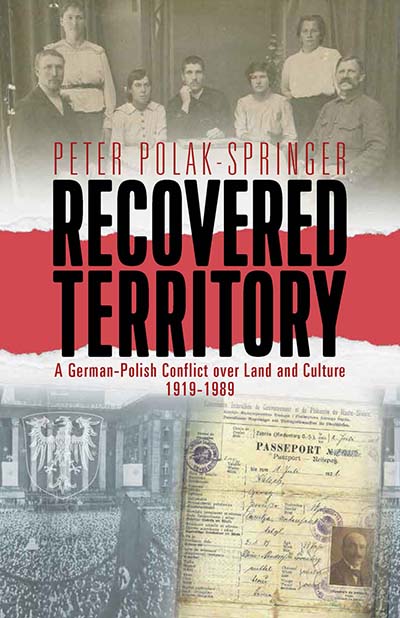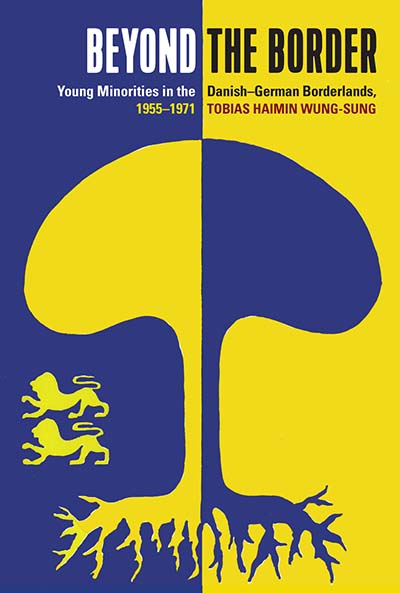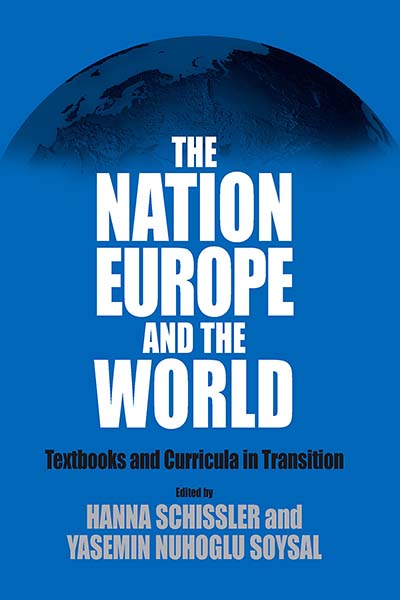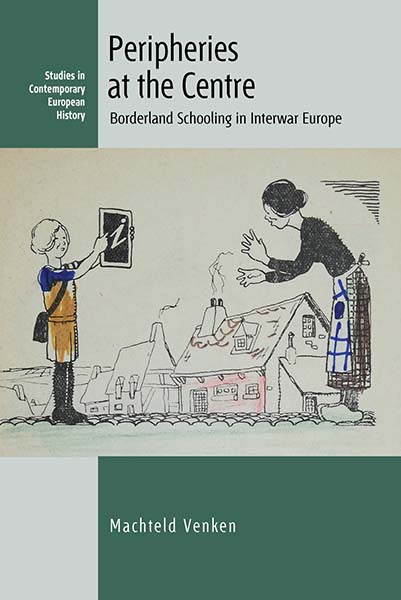
Series
Volume 27
Studies in Contemporary European History
See Related
History JournalsEmail Newsletters
Sign up for our email newsletters to get customized updates on new Berghahn publications.
Peripheries at the Centre
Borderland Schooling in Interwar Europe
Machteld Venken
Full Text PDF | Full Text ePUB Made available under a CC BY-NC-ND 4.0 license with support from the Centre for Contemporary and Digital History at the University of Luxembourg.
280 pages, 8 illus., bibliog., index
ISBN 978-1-78920-967-9 $135.00/£99.00 / Hb / Published (March 2021)
ISBN 978-1-80073-936-9 $19.95/£15.95 / Pb / Published (August 2023)
Reviews
“Peripheries at the Centre shows how the international border settlements after the First World War worked (or did not work) on the ground. We learn how pupils, their parents, and their principals maneuvered through changing legal and administrative regimes, and how those regimes were often riven by contradictions and failures in their application. Venken’s thought-provoking theses should interest scholars concerned with how international and national dynamics shape the everyday experiences, subjectivities, and scope of action for children in a variety of contested areas.” • Katherine Lebow, Oxford University
“Peripheries at the Centre is a notable intervention in social history and an innovative contribution to current historiographical debates. It offers a deep comparison of German peripheral regions after 1918 in Poland and Belgium, and it sets up a theoretically sophisticated European analysis of the limits and inadequacies of nationally framed reform pedagogy, giving voice to children’s modernity.” • Steven Seegel, University of Northern Colorado
Description
Following the Treaty of Versailles, European nation-states were faced with the challenge of instilling national loyalty in their new borderlands, in which fellow citizens often differed dramatically from one another along religious, linguistic, cultural, or ethnic lines. Peripheries at the Centre compares the experiences of schooling in Upper Silesia in Poland and Eupen, Sankt Vith, and Malmedy in Belgium — border regions detached from the German Empire after the First World War. It demonstrates how newly configured countries envisioned borderland schools and language learning as tools for realizing the imagined peaceful Europe that underscored the political geography of the interwar period.
Machteld Venken is Professor of Contemporary Transnational History at the Centre for Contemporary and Digital History of the University of Luxembourg. She is the author of Straddling the Iron Curtain? Immigrants, Immigrant Organisations, War Memories (2011) and editor of The Dissolution of the Austro-Hungarian Monarchy: Border-Making and Its Consequences (2020).
Subject: History: 20th Century to PresentEducational Studies
Area: EuropeCentral/Eastern Europe
Peripheries at the Centre by Machteld Venken is available open access under a Creative Commons Attribution-NonCommercial-NoDerivatives 4.0 International License (CC BY-NC-ND 4.0) with support from the Centre for Contemporary and Digital History at the University of Luxembourg.
Full Text PDF | Full Text ePUB
OA ISBN: 978-1-78920-969-3
Contents
Download ToC (PDF)

